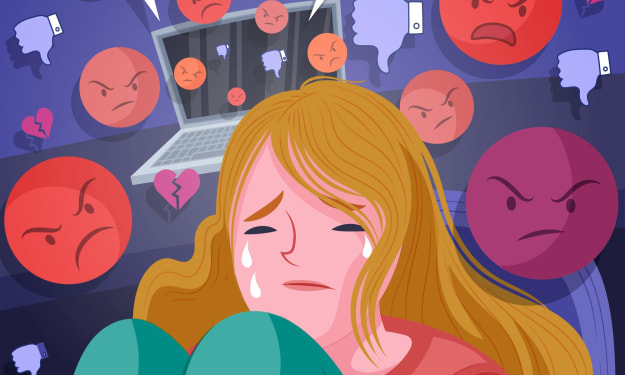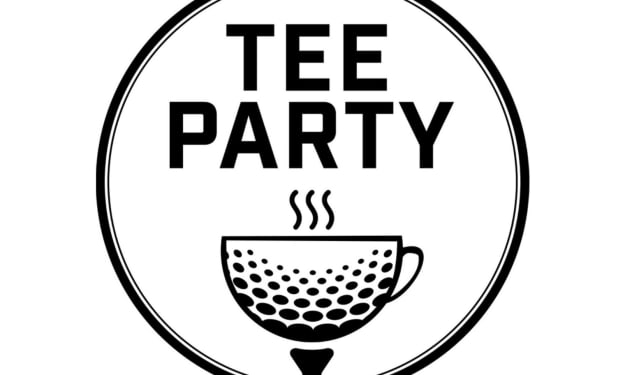
Do you know when your thoughts change, they will change your behaviors and emotions? This is precisely one of the fundamental ideas on which Cognitive Behavioural Therapy is developed. CBT is a type of psychological therapy that is useful for a variety of issues, including depression, anxiety disorders, difficulties with alcohol and drugs, marital issues, eating disorders, and serious mental diseases.
In a meta-analytic review, CBT was discovered to be more efficient than alternative therapies. The main goal of CBT therapy is to reduce unpleasant feelings by altering dysfunctional thoughts and actions. CBT techniques concentrate on improving a person's skill set or coping skills that allow them to become more conscious of their emotions and thoughts, and to recognize how situations and behaviors affect their feelings
What do you mean by Cognitive Behavioral Therapy?
Cognitive behavioral therapy (CBT) is a psychotherapy approach that teaches patients how to recognize and alter unhelpful or distressing thought patterns that hurt their behavior and emotions. The basic principle of cognitive behavioral therapy (CBT) is that adverse feelings can't be changed directly, thus it focuses on the beliefs and behaviors that are causing distressing emotions
Different Types of Cognitive Behavioral Therapy
The following evidence-based treatments, which are included in the CBT therapy, have been used to successfully treat a variety of mental health issues, including depression and anxiety, among others.
Rational emotive behavior therapy (REBT): The goal of rational emotive behavior therapy is to address underlying ideas to help in their change, especially if they have had a detrimental impact.
Dialectical behavior therapy (DBT): This incorporates treatment methods like emotional control and mindfulness while addressing distressing thoughts or behaviors. It employs techniques like acceptance and problem-solving.
Cognitive Therapy: One of the first therapies that can be deemed CBT is cognitive therapy. It focuses on understanding and changing incorrect thinking, emotional reactions, and behaviors.
Multimodal Therapy (MMT): Multimodal therapy combines many forms of therapy to address mental health conditions. It relates to a person's various personality traits, such as conduct, cognition, relationships with others, etc.
Techniques Used in Cognitive Behavioral Therapy
CBT therapy employs a variety of techniques to assist you in changing your thought patterns. Following are some of the techniques used in CBT.
Developing New Skills: During cognitive behavioral therapy, you are frequently taught new skills that you can put to use in everyday settings.
Activity Scheduling: It designates a time to perform demanding tasks that could otherwise be avoided out of fear or anxiety.
Role-playing: Through the use of several characters, role-playing brings scenarios to life. The method has the potential to significantly improve social, communication, and interpersonal abilities.
Cognitive restructuring and reframing: This cbt technique looks at negative thinking that happens in particular circumstances and then reframes it into more constructive and positive ones.
How cognitive behavioral therapy helps in transforming thoughts
CBT gives you the ability to alter how you perceive and feel about an incident. It gives you the option to question the idea rather than just accept it. It's not simply about accepting that everything must be bad; it's about finding freedom in your thoughts and actions. CBT therapy entails locating, classifying, and naming harmful ideas and actions.
Working with a behavior therapist to uncover flawed thought patterns and practicing skills to help modify those negative thought patterns is the basis of cognitive behavioral therapy (CBT).
Examples of how cognitive behavioral therapy can help in transforming thoughts
Too frequently, we behave immediately because we are overcome by emotion. CBT assists us in exploring our inner lives (thoughts in our minds) and discovering the reasons behind our actions. Look at the following example of how our thought affects our emotions.
Event: When your friend walks past you without saying hello.
Thought: He's too busy, or he doesn't care.
Resulting feeling: He no longer wants to be my friend
Emotion: Fear, Hurt, disappointment
New thought: He didn't see me or he was too busy to say hello.
New Resulting feeling: I should ask him what happened
Emotion: Concern for a friend
The Power of Cognitive Behavioral Therapy
The main strength of CBT therapy is that therapy gives the person new skills and coping mechanisms that they can use to deal with future challenges or problems in addition to helping them deal with the symptoms of those they are presently experiencing. According to research, CBT is the most effective treatment option for people dealing with depression and anxiety. After five to fifteen modules, CBT is 50-75% effective at treating depression and anxiety.
The various mental health conditions that can be treated with cognitive behavioral therapy are
Panic Disorder, Obsessive-Compulsive Disorder (OCD), Attention Deficit/Hyperactivity Disorder (ADHD), Bipolar Disorder, Social Anxiety, Generalized Anxiety Disorder (GAD), and Schizophrenia
Comparison of cognitive behavioral therapy with other forms of therapy
According to the conclusion of a research that appeared in Frontiers in Psychiatry, "if the gold standard is defined as [the] best standard we have in the field at the moment, then we argue that CBT is, indeed, the gold standard." The following elements, according to the authors, contributed to this finding:
- No other therapy has been consistently demonstrated to be better.
- More study has been done on CBT therapy than any other kind of psychotherapy.
- Theoretical frameworks for CBT are consistent with prevalent paradigms for human thought and behavior today.
In a study that was published in Psychology Research, CBT was compared to hypnosis, eye movement desensitization and reprocessing (EMDR), and dialectical behavior therapy (DBT). According to that study, after analyzing data from 4,085 individuals, CBT had a final effectiveness rate of 40.5%.
Conclusion
Your thoughts certainly have a lot of power. They have a significant impact on many aspects of your life, including what you do, how you feel, and how you connect with others. CBT allows you to alter the faulty thinking that is interfering with your life. Working with a qualified therapist at Lifebulb, you may understand the connection between your ideas, feelings, and behaviors as well as how to employ a range of exposures and tactics to confront the problematic behaviors.
At Lifebulb, CBT counseling is provided in a way that helps you stop allowing negative thoughts to rule your mind, so you can think clearly and choose the best course of action in challenging situations.
About the Creator
Jack Jone
Hello, I'm a professional counsellor and therapist. dedicated to helping individuals, couples, and families achieve their mental health goals and improve their overall well-being. with 7 years of experience In the field.






Comments
There are no comments for this story
Be the first to respond and start the conversation.